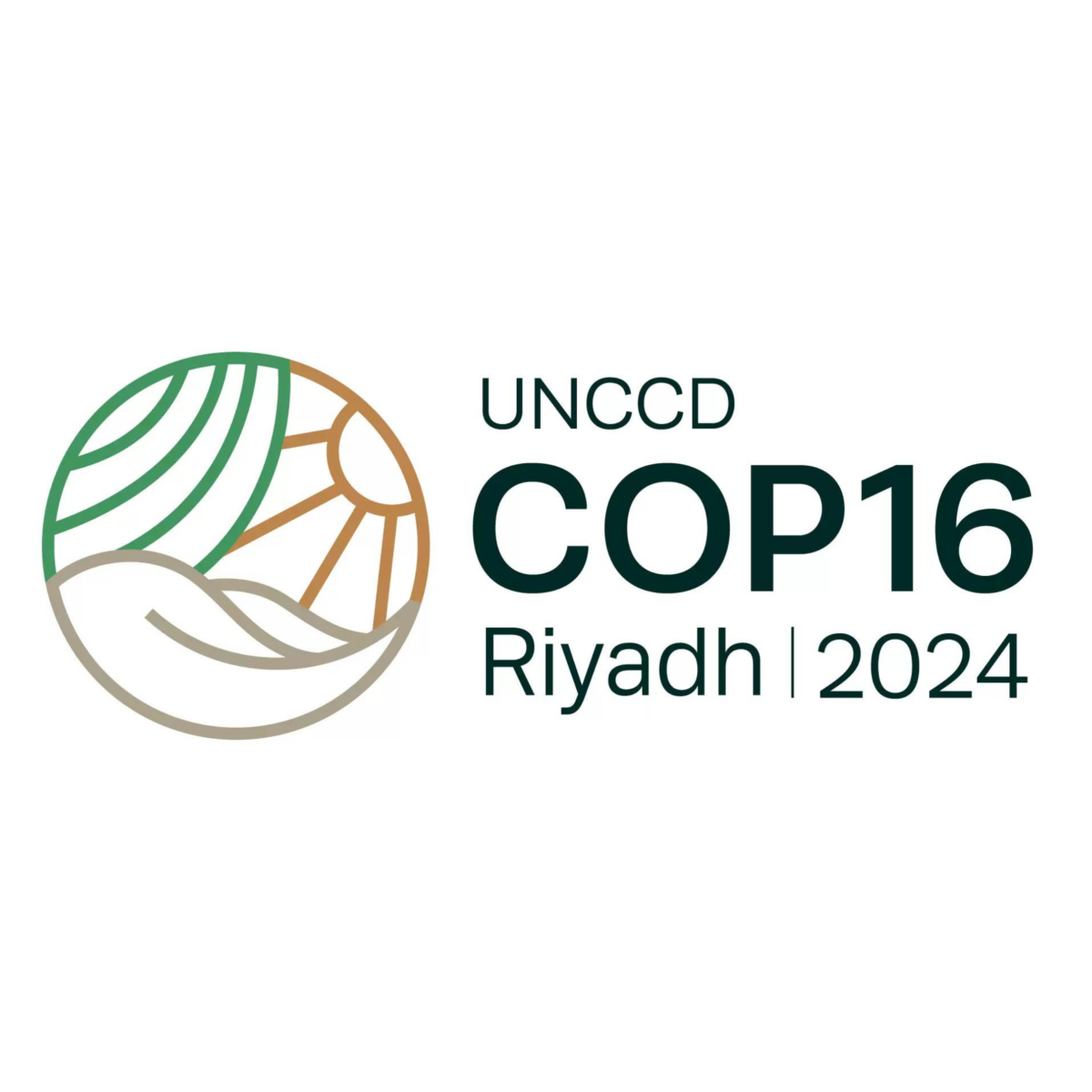Participation in the sectoral session on organizing rangeland management with the involvement of local communities and enhancing rangeland restoration capacity.
The Executive Director of the Mongolian National Federation of Pasture User Groups (MNFPUG) D.Burmaa, and the Director of the Rangeland Research and Development Program, D.Bulgamaa, participated in the sectoral session on organizing rangeland management with the involvement of local communities and enhancing rangeland restoration capacity, sharing their experiences.
MNFPUG's Executive Director, D. Burmaa: According to research on rangeland ecological capacity, the condition of the rangeland, and transition studies, lightly utilizing rangeland over a short period of time allows the surrounding vegetation cover to regenerate, which in turn creates the opportunity to maintain the diversity of plant species sustainably.
An essential aspect of successful rangeland management is ensuring the involvement of herders at all levels, starting from planning rangeland use and implementation. Their participation is especially crucial in implementing rotational grazing and rest measures, such as protecting drinking water sources and assessing whether transportation routes are available. The traditional knowledge and experience of herders play a significant role in these processes.
Based on past experiences, management implementation based on rangeland restoration capacity and herder involvement has proven to be highly effective, as supported by research. Currently, over 92,000 herding households from more than 160 soums in Mongolia are involved in collective organization, establishing around 1,500 rangeland management areas, utilizing their rangelands under long-term contracts, and implementing the “Responsible Nomads” code of practice for sustainable development standard, opening up opportunities to reach international markets.







